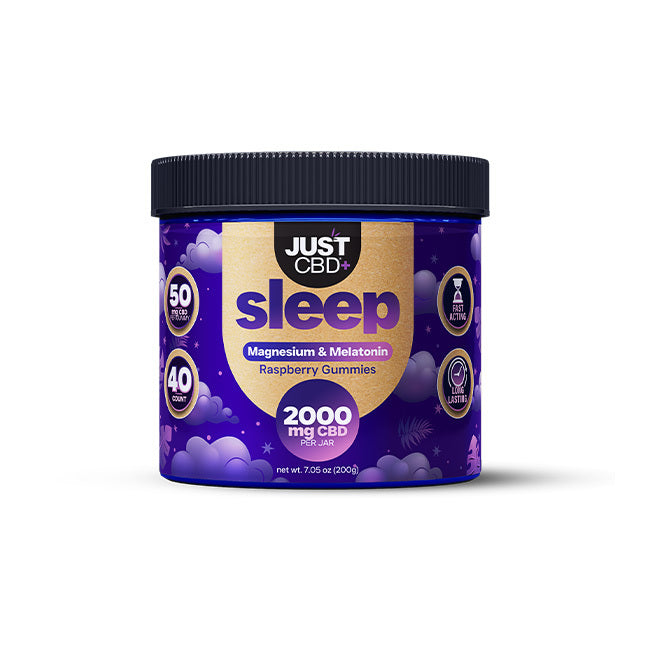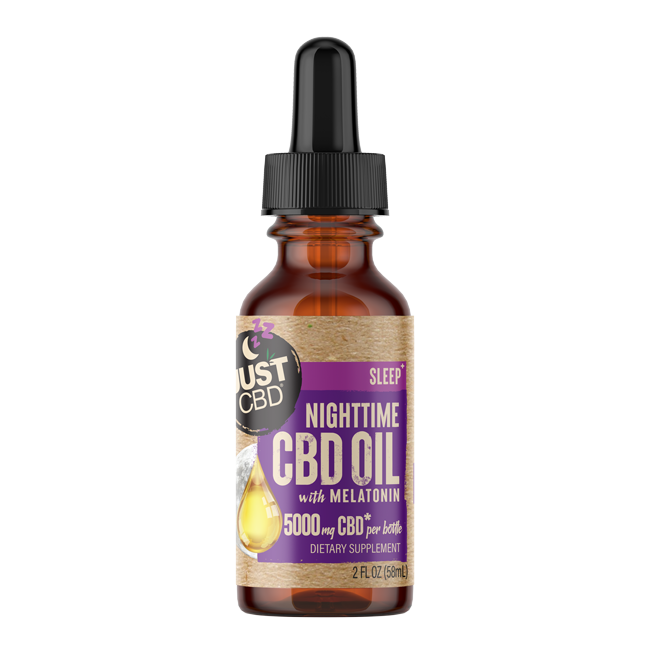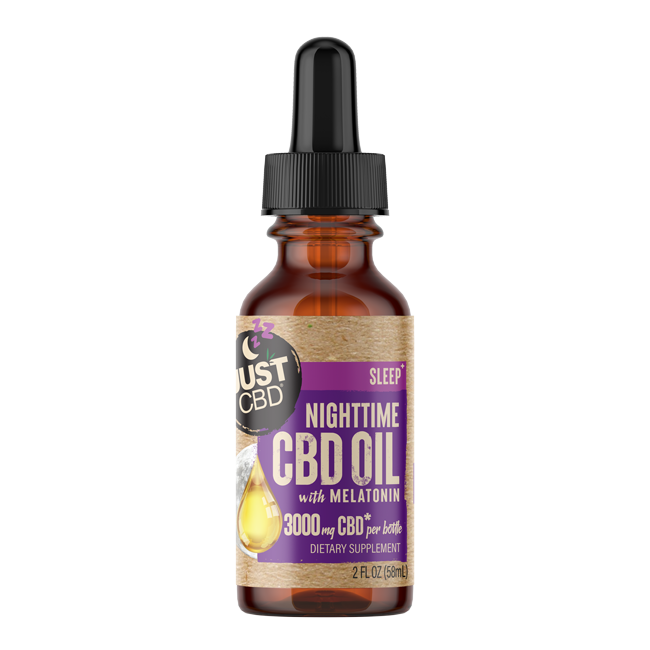
CBD For Sleep
Slip into the kind of sleep that feels natural and unbroken. These CBD Sleep Gummies pair quality hemp with gentle, calming herbs to help you relax, drift off without tossing and turning, and wake up feeling steady and clear. Each batch is checked by trusted third-party labs, so you know exactly what’s in them—and that they’re as good as they claim.
CBD+ Sleep Raspberry Gummies
Regular price
$60.00
Sale price
$60.00
Regular price
Choose your option
CBD Gummies For Sleep
Regular price
From $17.99
Sale price
From $17.99
Regular price
Choose your option
CBD Gummies for Sleep - Extra Strength
Regular price
From $25.00
Sale price
From $25.00
Regular price
Choose your option
CBD + THC Nighttime Gummies 10mg CBD | 10mg THC 40 pieces
Regular price
$49.99
Sale price
$49.99
Regular price
Choose your option
Nighttime CBD Oil Tincture with Melatonin
Regular price
From $24.99
Sale price
From $24.99
Regular price
Choose your option
Full Spectrum CBD Gel Capsules with Melatonin
Regular price
$25.00
Sale price
$25.00
Regular price










